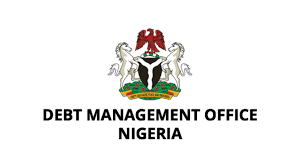Nigeria’s total public debt rose to ₦142.3 trillion by September 30, 2024, marking a ₦8 trillion increase from ₦134.3 trillion just three months earlier, according to the Debt Management Office (DMO). This 5.97% jump was driven largely by the weakening of the naira and increased domestic borrowing.
The country’s external debt climbed to ₦68.89 trillion (about $43.03 billion), up from ₦63.07 trillion in June, while domestic debt rose to ₦73.43 trillion from ₦71.22 trillion. The significant naira depreciation From ₦1,470.19/$1 in June to ₦1,601.03/$1 in September—played a major role in inflating the naira value of Nigeria’s external obligations, even though the actual dollar amount increased only marginally.

Federal Government borrowing remains the dominant share, particularly on the domestic side. In December 2024, Nigeria returned to the Eurobond market with a $2.2 billion issuance to support budget financing amid declining revenues and rising public spending.
Analysts warn that the steep growth in debt especially in the face of falling revenue and high debt servicing costs poses sustainability risks. Interest payments continue to consume a large share of government income, while local borrowing costs rise due to inflation and investor demands for higher returns.
The DMO however, has reiterated the importance of ramping up revenue and maintaining prudent fiscal management to preserve debt sustainability in the long term.




